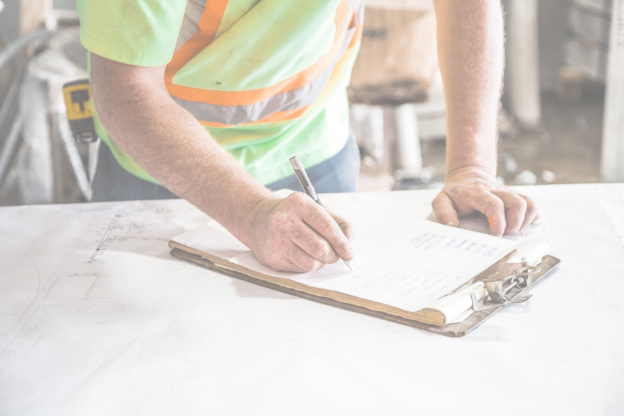As a contractor you are required – under the CIS – to make tax deductions from any payments made to subcontractors.
What are the responsibilities of the contractor?
After registering for CIS, it is up to the contractor to deduct the right amount of tax from the payment to a subcontractor. And, before any payments are made to a subcontractor for construction work, the tax status of that subcontractor needs to be verified with HMRC.
Subcontractor Qualifies for Gross
If the subcontractor meets certain qualifying conditions with HMRC, they can apply to be paid the gross amount. If this is the case, you as the contractor do not have to deduce any tax from their monthly payments.
Subcontractor has Registered for CIS
If the subcontractor has registered for the scheme, then you as the contractor are required to make a 20% tax deduction.
Subcontractor has not Registered for CIS
If the subcontractor is unregistered, you must deduct the highest rate of 30% from their payment.
Once the payments have been made, tax deductions must be handed over to HMRC by the 22nd of every month.
What happens if a deduction is required?
If a contractor needs to deduct an amount from a subcontractor payment, they must;
- Calculate the deduction
- Make the deduction
- Record details of the payment, materials and deduction
- Make the payment to the subcontractor
- Provide a statement of the deduction to the subcontractor
Monthly CIS Returns
Every month contractors must send HMRC a completed return with all the CIS payments they have made. If it is the case that no payments have been paid you must still inform HMRC. The return should include the following information;
- Details about the subcontractors
- Details about the payments and deductions made
- A declaration that the employment status of subcontractors has been considered
- A declaration detailing that every subcontractor that should have been verified, has been.
Paying CIS Deductions to HMRC
The Construction Industry Scheme deductions made should be paid to HMRC by the 22nd of each month. If the contractor fails to pay the deducted amounts to HMRC or, fails to deduct the right amounts from a subcontractors payment, then the contractor may face a fine of up to £3,000.
If you are unsure of your responsibilities as a contractor or as a subcontractor, McKellar Accountancy guide you through the CIS process.
Get in touch today to benefit from our Construction Industry Scheme advice.







